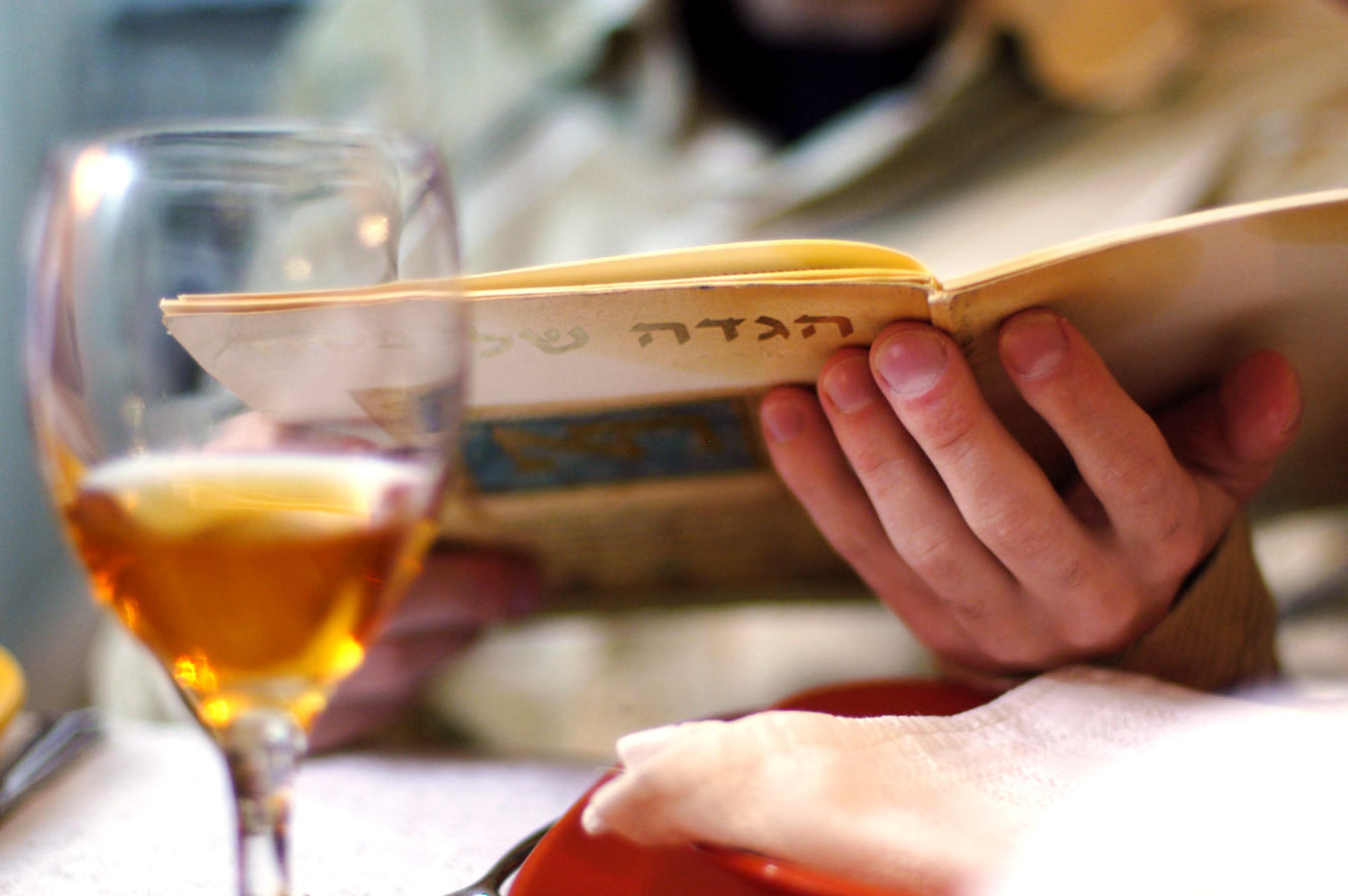Commentary on Parashat Ki Tavo, Deuteronomy 26:1-29:8
My father was a wandering Aramean. He went down to Egypt…the Egyptians dealt harshly with us.…We cried out to the Lord….The Lord freed us by a mighty hand…brought us to this place and gave us this land. (Deuteronomy 26:5-9)
This passage was recited by Israelites when they brought the first fruits to the sanctuary. It is an excellent example of the interplay of ritual and recital in the service of memory. The essentials of the Jewish story are all here in a formula so powerful that the rabbis of the second century used this passage to introduce the discussion of the Exodus in the Passover Haggadah.
In the , however, the rabbis omit the verse that describes God bringing the people into the land. It is understandable that the rabbis living with the loss of Temple and sovereignty over the land would want to de-emphasize focus on the land. By omitting the reference to the land and focusing on the Exodus itself, the harsh reality of destruction was mitigated.
This provides us with an insight into the functioning of people’s collective memory. A people needs to ask itself what to remember and what to forget. For any people, certain elements of the past — historical or mythic — become central and are transmitted (remembered) while other elements are forgotten.
At certain junctures in history — crisis, catastrophe, miracle — human groups, whether purposely or passively, fail to transmit what they know out of the past or reach back to recover forgotten elements with which there is a renewed sense of recognition.
In the second century, the rabbis, in response to catastrophe, chose not to transmit the memory of our story as was recited in the Temple liturgy. They actively chose both to remember and forget.
Having experienced unprecedented catastrophe and miracle in our century, it should not surprise us that we as a people are wrestling with which parts of our past to remember and which parts we need to forget. Perhaps we ought to reinsert the verse, “And God brought us to this place and gave us this land!”
Provided by CLAL: The National Jewish Center for Learning and Leadership, a multi-denominational think tank and resource center.

Help us keep Jewish knowledge accessible to millions of people around the world.
Your donation to My Jewish Learning fuels endless journeys of Jewish discovery. With your help, My Jewish Learning can continue to provide nonstop opportunities for learning, connection and growth.



